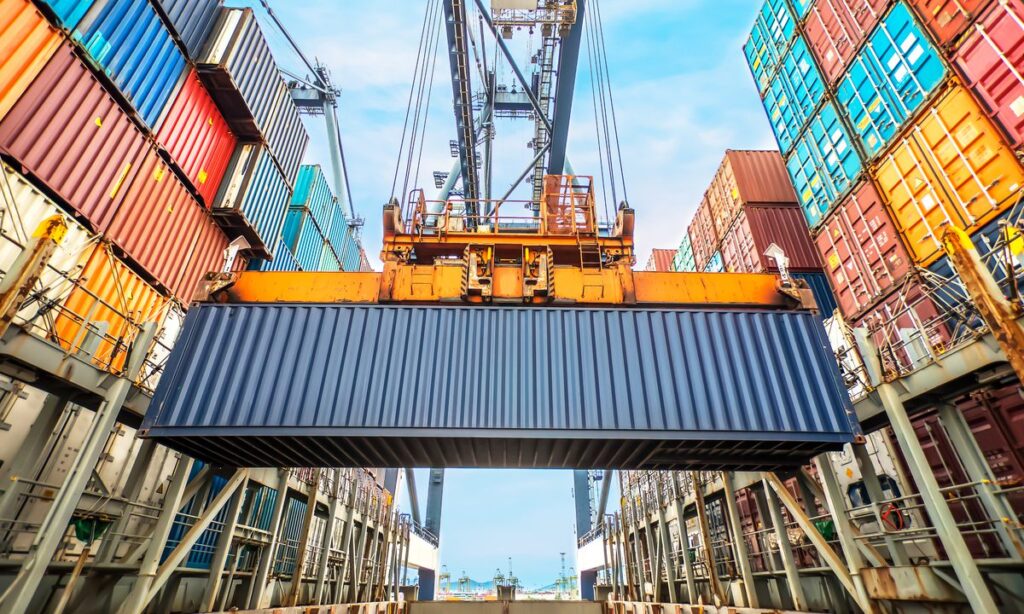Marco, a Miami-based trade finance platform, has raised $12 million in a Series A round.
The funding will help support the company's mission to support small and medium-sized entrepreneurs (SME) exporters in Latin America, according to a Tuesday (March 19) news release.
Peter Spradling, Co-Founder and Chief Operating Officer of Marco, said: “Through my own journey as a small business exporter, I have experienced the struggle of accessing the financing essential to growth, and I have seen the challenges of accessing financing that is essential to growth, and I am aware of the challenges of accessing funding that is essential to growth, and I have seen the challenges of accessing funding that is essential to growth. “We faced many challenges in finding a solution.” news release.
“Marco’s trade finance solutions, especially the factoring model, not only perfectly suit the needs of small and medium-sized businesses, but also minimize risks along the way.”
Founded in 2020 by Spradling and CEO Jacob Shoihet, Marco provides an operating system for Latin American small and medium-sized exporters involved in cross-border trade. This includes not only access to financing, but also a variety of services geared toward the unique challenges you face, with tools such as LLC formation, bookkeeping, foreign exchange payments, cargo insurance, and banking services.
The company's Series A follows a $200 million financing facility and $8 million in equity investment announced last year.
This funding round comes amid major changes in trade finance, which, as we wrote here earlier this month, are “characterized by increased efficiency, transparency, and security in trade finance, and a Several trends are emerging that suggest a future that collectively promises to reshape how we interact. In cross-border transactions. ”
Among these trends is the rise of digital trade platforms as centralized hubs that bring together various actors within the trade ecosystem to facilitate the end-to-end digitization of trade documents, communications and financing.
Devopama Sen, head of payments at Citi Services, told PYMNTS in a recent interview that as more and more commerce moves online, companies that were long considered to have “traditional” supply chains are now “directly dealing with each other.” and digital transactions are increasing.” With completely different business partners. ”
This has led to calls for trade finance to be linked to the technological infrastructure that connects buyers and suppliers.
“Payment solutions are [banks] What they are offering to their customers needs to be fully and seamlessly integrated into the commerce they are doing for them,” Sen added. Otherwise, these companies will become digital startups. He added that there was a risk of losing business.
For all of our PYMNTS B2B coverage, subscribe to our daily subscription. B2B Newsletter.


